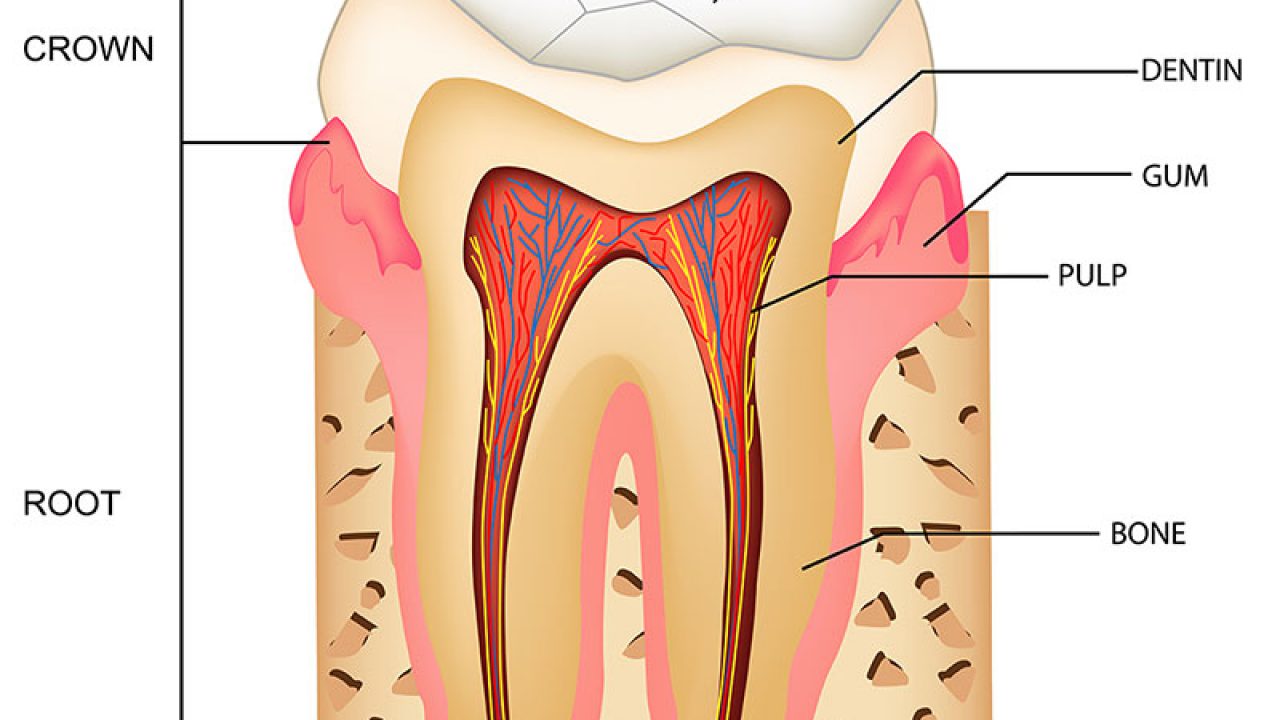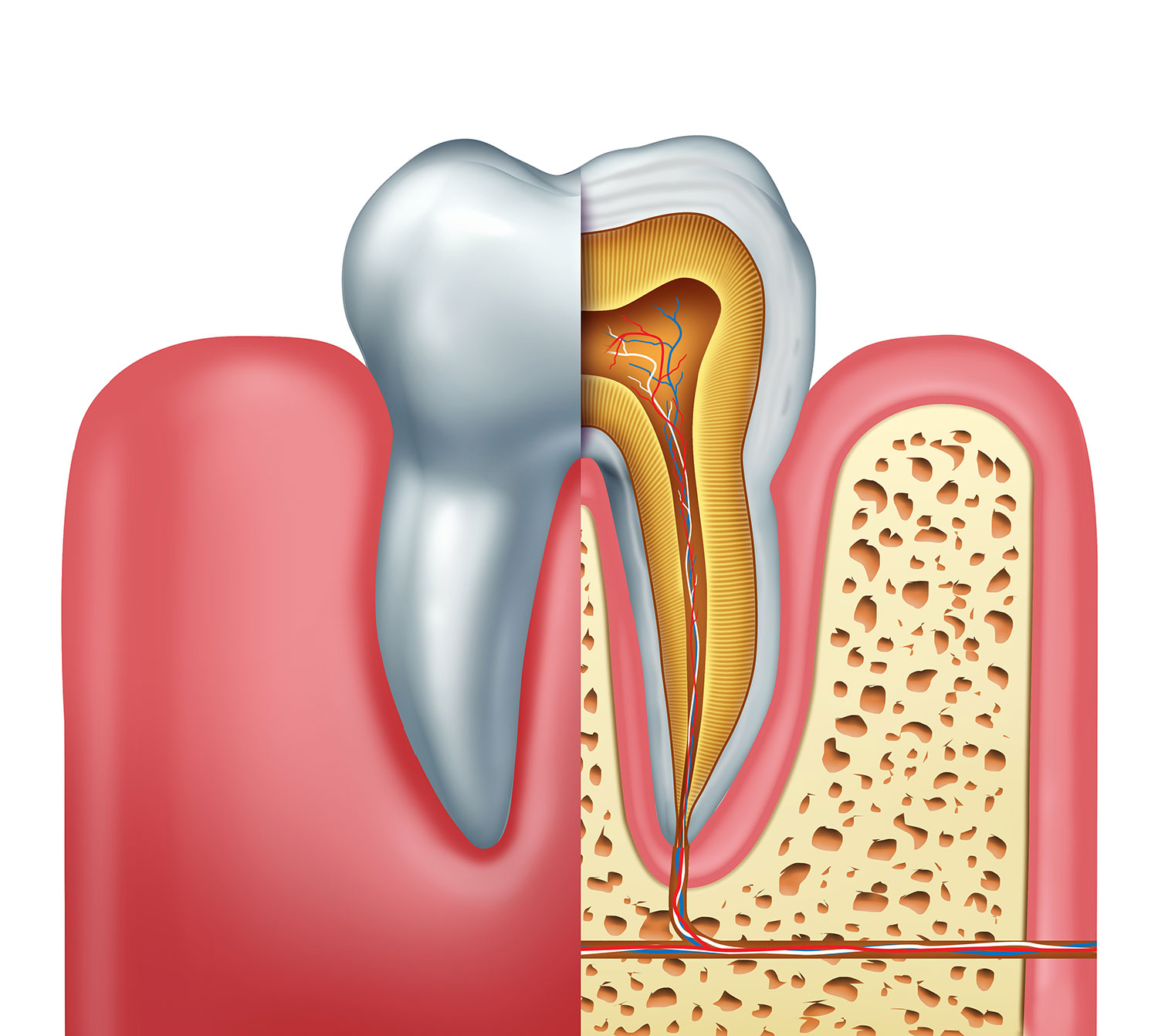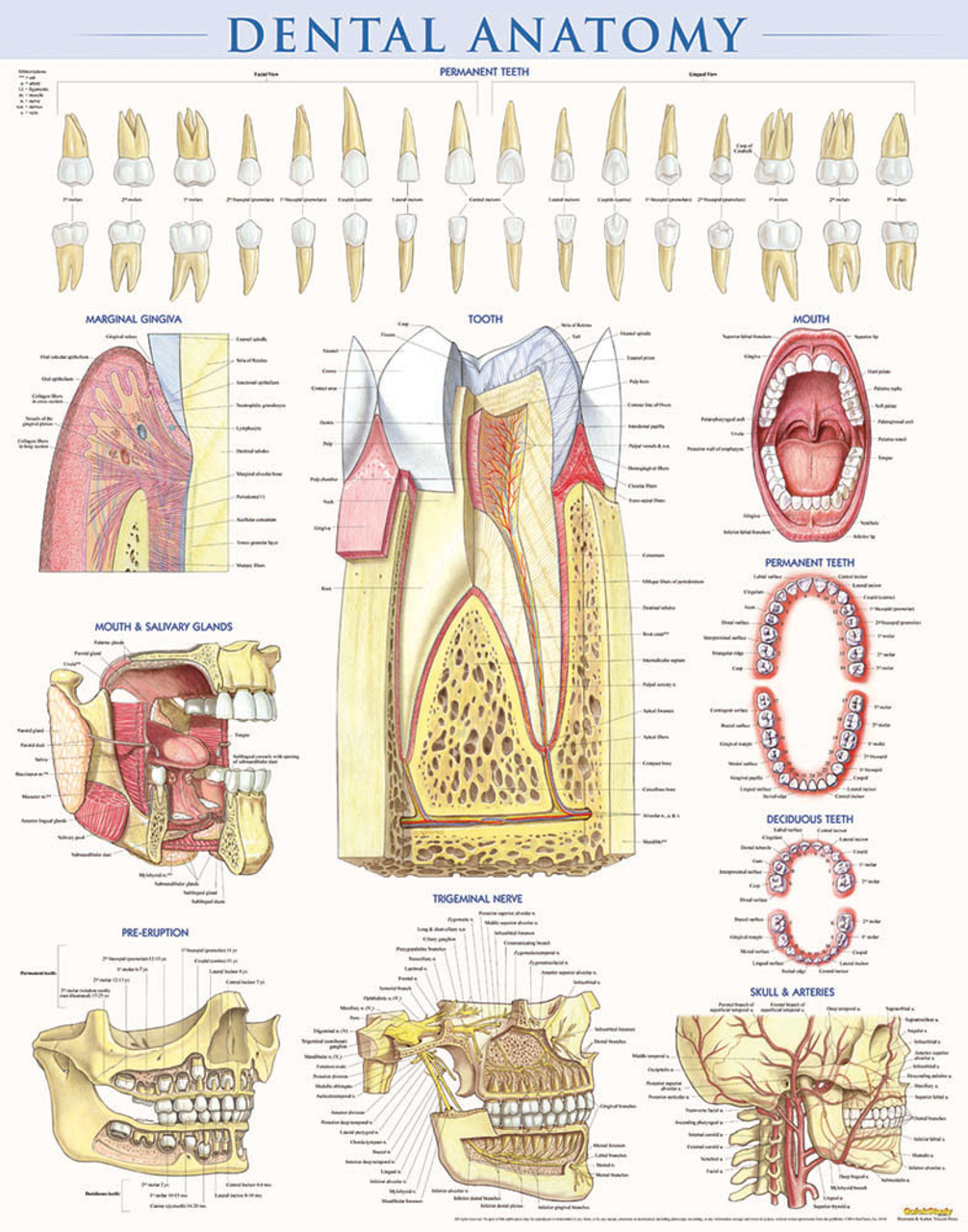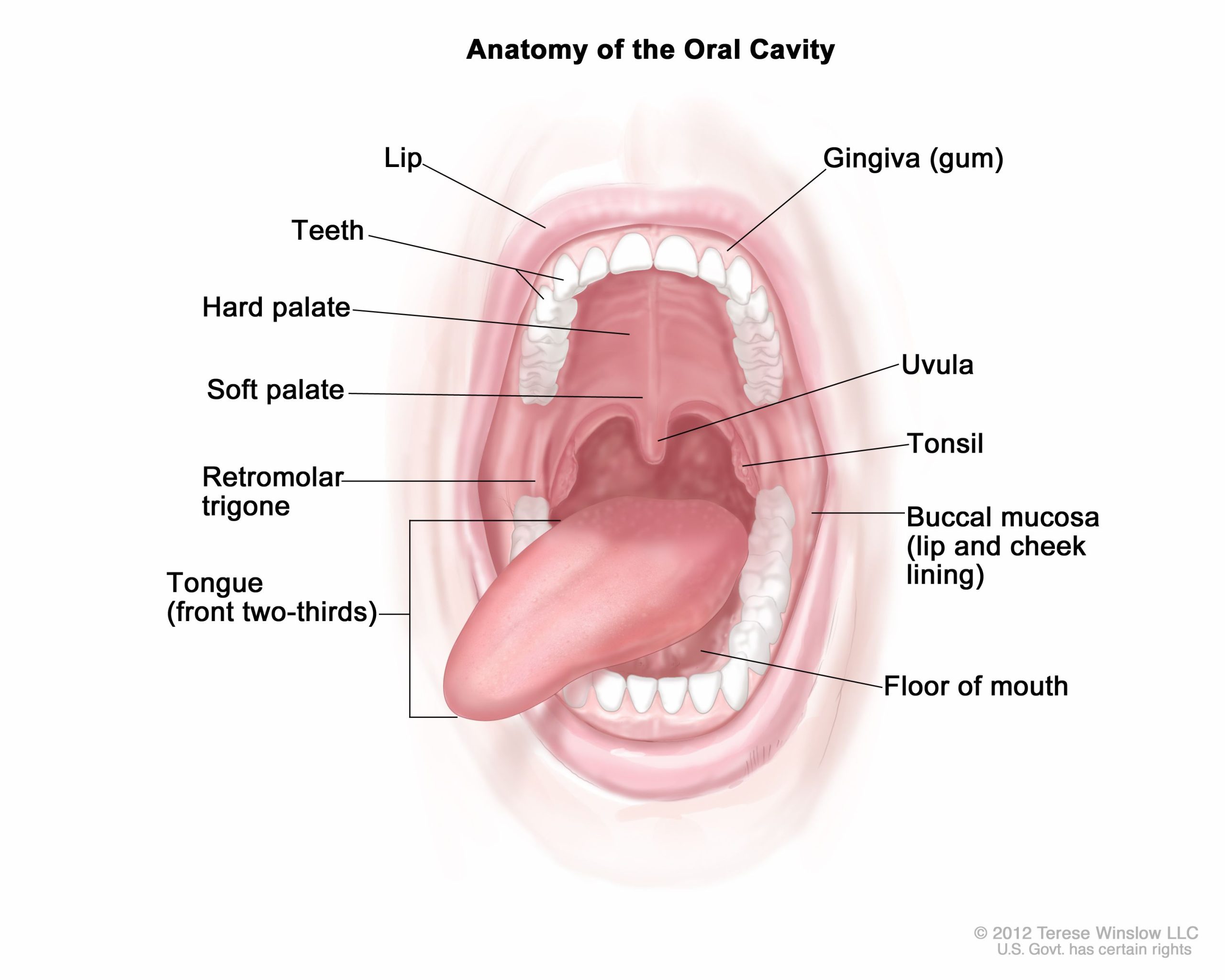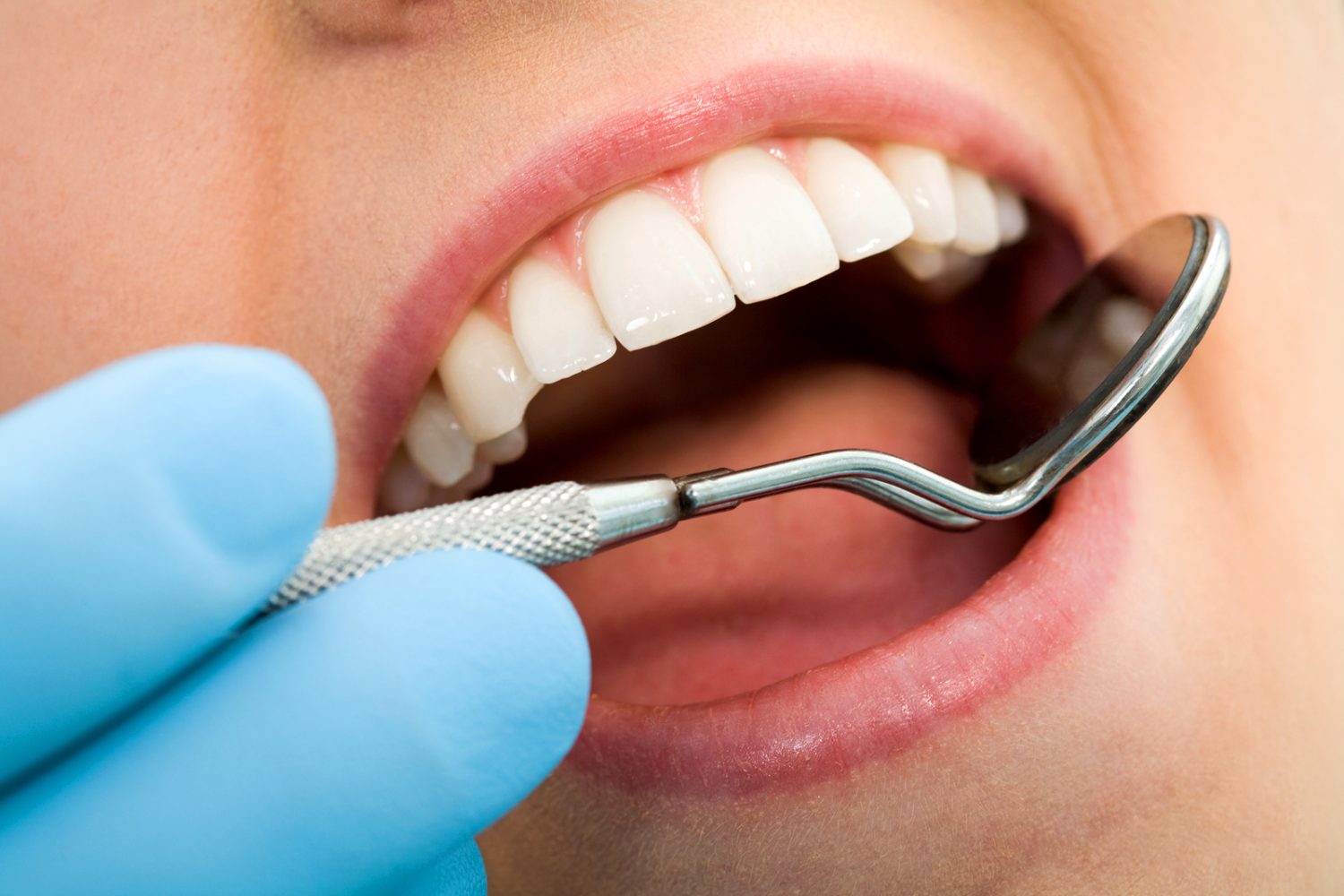
Key facts:
- A healthy mouth is important for eating, drinking, breathing and speaking, as well as for your overall health.
- Regular visits to a dentist can help keep your mouth healthy.
- Children have primary (’baby’) teeth, which are replaced with permanent adult teeth as they get older.
- The last teeth that come through are called wisdom teeth.
- Pericoronitis is a condition where the gums around your wisdom teeth become inflamed.
What are the parts of the mouth?
Your mouth is made up of several parts that work together to help you talk, chew and swallow:
- lips
- teeth and gums
- soft and hard palates, which form the roof of your mouth
- tonsils
- a tongue
- salivary glands
Your teeth allow you to chew your food. They have a crown above the gumline, and roots in the bone below the gumline. Incisors have sharp biting surfaces, canines are pointed and cone shaped (for tearing), and premolars and molars have flat grinding surfaces.
Food digestion begins in your mouth when you chew your food, by using your teeth to cut and grind it into small pieces.
How does the mouth develop?
A baby’s teeth start to grow in their gums before they are born. Their first tooth usually appears from about 6 months — most children have all their primary teeth (or baby teeth) by the time they are 2 or 3. From age 6, these teeth fall out and are replaced by permanent adult teeth.
What are wisdom teeth?
Wisdom teeth usually grow through your gums in your late teens or early twenties. They are the last teeth at the back of your mouth, at the end of your upper and lower gums.
You can have up to 4 wisdom teeth, and they might only partially come through your gums or may never appear at all. Some people will not develop any wisdom teeth.
Sometimes wisdom teeth can cause pain as they grow through your gums. This could be because there is not enough room in your mouth for them, so they come through at an angle rather than growing straight. This puts pressure on the next tooth or the gum (known as ‘impaction’). Wisdom teeth can also be difficult to clean, which in some cases may cause problems such as tooth decay. Pericoronitis is a condition where the gums around your wisdom teeth become inflamed.
You may need to have your wisdom teeth removed if they cause problems, for example if they don’t come through properly, grow in a difficult position or become decayed. Pericoronitis is a condition where the gums around your wisdom teeth become inflamed.
How can I look after my wisdom teeth?
If your wisdom teeth are coming through (erupting), there are things you can do to look after your gums, to reduce pain and the chance of an infection:
- Brush the area thoroughly with a small-headed toothbrush and fluoride toothpaste, even if this is uncomfortable. This helps get rid of food and plaque.
- Warm salt water may help reduce pain. Mix one teaspoon of salt into a cup of warm water, then take a mouthful of the liquid and hold it in your mouth so it covers your affected tooth for two minutes, then spit it out. Do not swallow it. Repeat after each meal.
- If you are in pain, get advice from your pharmacist, doctor or dentist on pain relief medicines you can take.
- Heat and cold packs may also help relieve pain.
If you think your tooth may be getting infected (for example, if you have severe pain or swelling), make an emergency appointment to see your dentist.
To find your nearest dentist or after-hours medical service, use the healthdirect Service Finder tool.
How can I keep my mouth healthy?
Keep your mouth healthy with these tips:
- Brush twice a day with fluoridated toothpaste. Children need less fluoride than adults do. Your dentist or pharmacist can help you chose a toothpaste with the right amount of fluoride.
- Floss daily.
- Eat a healthy and balanced diet.
- Drink plenty of tap water, and avoid soft drinks and alcohol.
- Have regular check-ups with your dentist.
- Stop smoking, or don’t start.
- Reduce stress — this can lead to teeth grinding, mouth ulcers and cold sores.
If you play a sport where there’s a risk of injury to your teeth (for example, rugby or boxing), you should wear a mouthguard. Avoid mouth piercings, as they increase your chance of mouth infections.
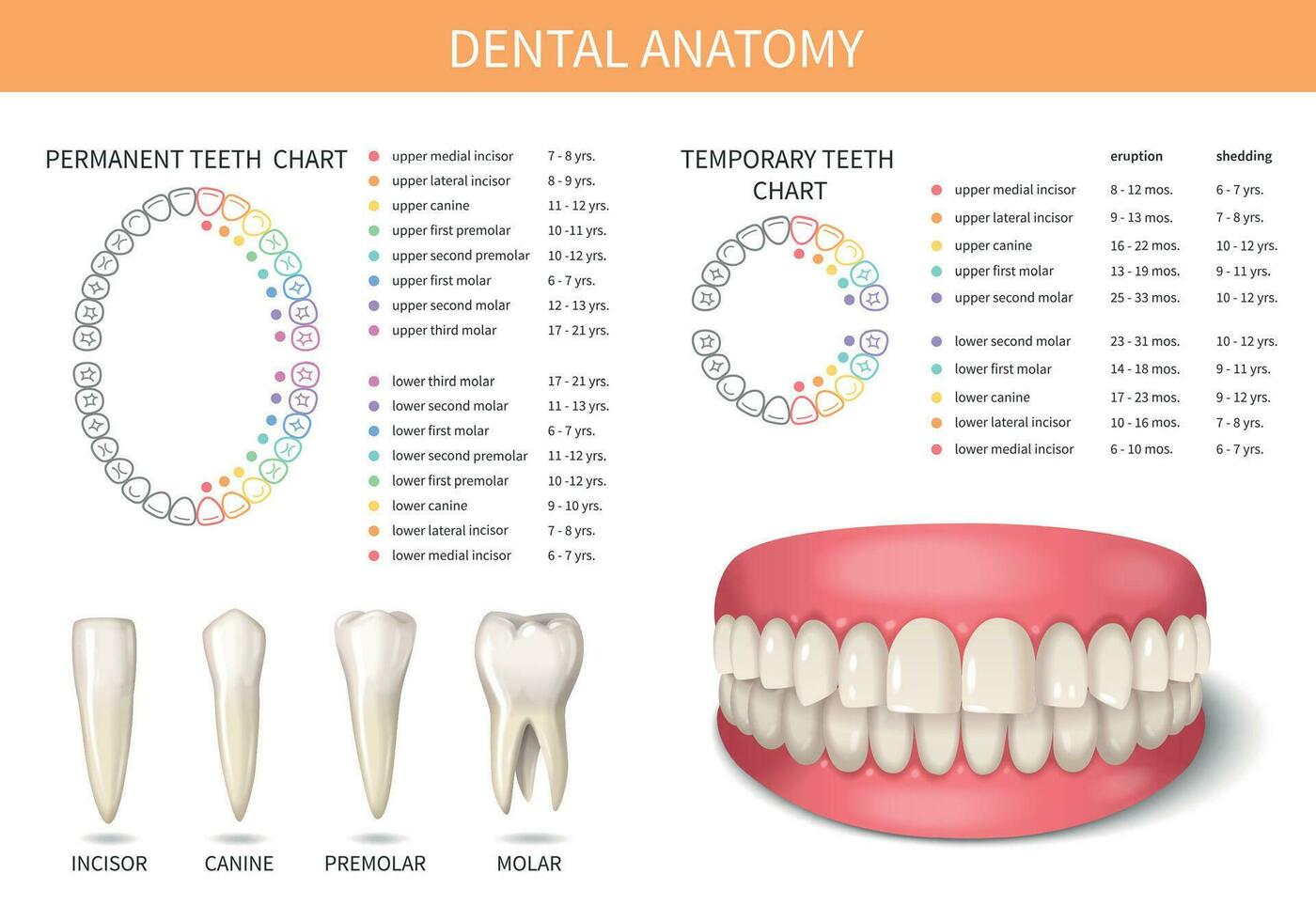
How can I prevent tooth decay?
Tooth decay is caused by the bacteria living in plaque on your teeth. These bacteria use the sugar in what you eat and drink to produce acid, which causes holes in your teeth over time.
You can help prevent tooth decay by:
- Choosing food and drink that’s low in sugar — if sugar is listed in the top 3 ingredients on a food label, it’s usually not healthy for your teeth.
- Eating fresh produce rather than processed foods.
- Taking care of your oral hygiene, including regular trips to your dentist.
Read more about mouth and teeth care.
Anyone, even babies, can suffer from tooth decay, so it’s important to teach toddlers good oral hygiene.
